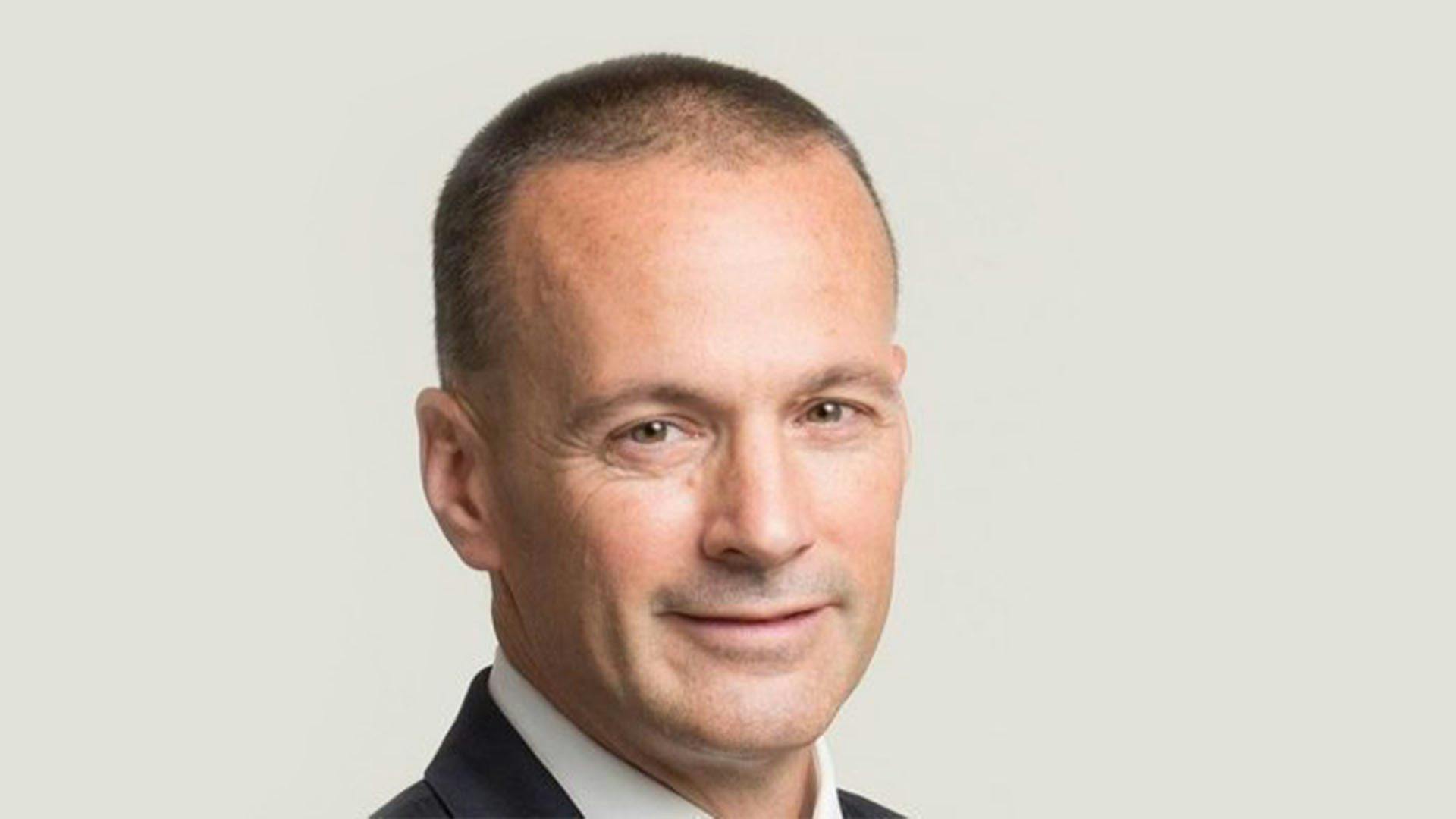Gone Crypto: From FBI Agent to Crypto Company CEO
As a fairly early entrant into the crypto market, Murphy experienced the typical skepticism from his peers and colleagues.

Tim Murphy, president and CEO, Consortium Networks
key takeaways
- Murphy started with the FBI when he was 26-years-old, first as a special agent
- Murphy left the FBI in 2011 and went on to work on Wall Street for investor Ronald Perlman
After more than two decades with the Federal Bureau of Investigation, Tim Murphy knows the secret to staying ahead.
“I’ve always paid close attention to technology,” said Murphy, CEO and president of Consortium Networks. “In the FBI, we had to stay ahead of the bad guys and in order to do that, you really have to be advanced on the technology side.”
Murphy started with the FBI when he was 26-years-old, first as a special agent. He went on to become chief financial officer, chief operating officer and finally deputy director over the course of his 23-year-long career.
Murphy left the FBI in 2011 and went on to work on Wall Street for investor Ronald Perlman, who had a holding company called MacAndrews and Forbes. The group held a variety of companies, from Revlon to scientific gaming companies. Murphy worked in compliance, mostly doing due diligence and cybersecurity.
“I was vice president of compliance, doing due diligence, cybersecurity, you name it, anything that came up in the business,” said Murphy. “I wanted to run my own company, so I left there after four years and took over a startup in Northern Virginia, called Thomson, owned by Thomson Reuters.”
Murphy served as president at Thomson Reuters Special Services from 2015 to 2019. Right when he started the role, he decided to take a closer look at digital assets.
“I’ve always been an active reader, looking ahead, trying to stay ahead of the curve, whether it was in the compliance space, investing space and the like,” said Murphy. “In 2015, I started really learning crypto, following a number of individuals that were really explaining what cryptocurrencies were and the bitcoin movement. It took about a year to really get educated and believe in the future of digital currencies and cryptocurrencies.”
He started investing in 2017. Murphy, who also serves on the board of Western Union, saw that digital assets were not all that different from traditional financial systems, and that’s what attracted him initially.
“I really believe that digital currencies, the crypto world, is similar to what we do at Western Union,” said Murphy. “The attractive thing about Western Union is that we’re banking the unbanked around the world, we’re helping immigrant populations get funds to relatives. This is a movement, a global movement, to help connect people, for financial freedom and hopefully it’s also a store of value. I saw the value in that.”
As a fairly early entrant into the crypto market, Murphy experienced the typical skepticism from his peers and colleagues.
“A lot of people think that you probably had to be pretty silly to get involved in the space early because of the fluctuations in the price. It would go from $2,000 up to $20,000 and back down to $3,000. It’s volatile,” said Murphy. “I actually started investing in it because I thought it was the future and I wanted to put my money where my mouth is.”
Murphy was putting his money where his mouth was when he met Larry Pfeifer, founder of Consortium. Pfeifer served in the Navy before holding positions at Philadelphia Stock Exchange, BlueCoat Systems, and eventually CrowdStrike. Murphy and Pfeiffer began to think about ways to advance technology even further.
“We had an idea of starting Consortium Networks, which was a networking organization for free to help chief information security officers defend their companies against cyber attacks,” said Murphy.
Murphy left Thomson Reuters in 2019 to join Consortium as CEO and president in 2019. He also was appointed to the board of directors at digital asset trading network Apifiny last month.
Throughout all of his different roles, spanning government, finance, cybersecurity, Murphy’s belief in technology’s power has remained constant.
“If you believe in technology, shaping this world, which it has, I mean look at the internet,” said Murphy. “If you believe that technology is going to change the world, you have to believe in blockchain. What’s the next greatest thing that’s going to change the world? This is it.”
Have your own Gone Crypto story to tell? Email us at [email protected].





